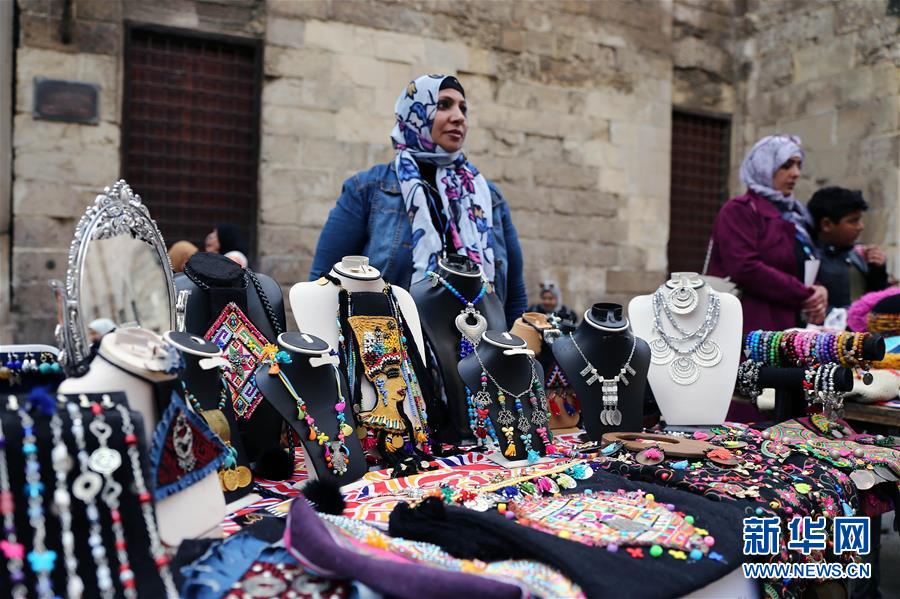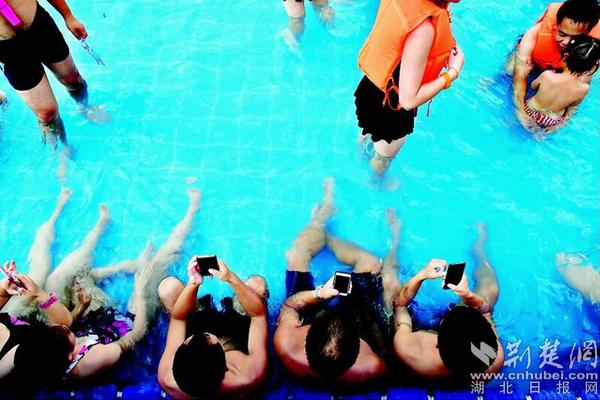China's first space-station module,Patang Paseena (2024) Hindi Web Series Tiangong-1, will fall back to Earth in the second half of 2017, senior officials have said.
While "most" of its parts will burn up while re-entering the atmosphere, China said it would monitor stray debris from the spacecraft's break up and alert international bodies of potential damage on the ground.
SEE ALSO: China's descending space module may not be out of control after allChina's broad timeline estimates for Tiangong-1's re-entry and uncertainty about falling debris adds to speculation over the past months that China has lost communication with the possibly damaged module, and that it is no longer able to control its descent.
 Original image has been replaced. Credit: Mashable
Original image has been replaced. Credit: Mashable Tiangong-1, which translates as "heavenly palace", was launched in 2011 and was in service for two-and-a-half years longer than its designed lifespan.
Parts of debris coming down may be as heavy as 100kg
Harvard astrophysicist Jonathan McDowell told The Guardian that parts of the falling debris may be as heavy as 100kg or so, "enough to give you a nasty wallop if it hit you."
He added that the debris wouldn't do widespread harm but a large piece could seriously damage a property, or if it landed in a crowded city.
"Not knowing when it’s going to come down translates as not knowing where its going to come down," said McDowell.
This Tweet is currently unavailable. It might be loading or has been removed.
This Tweet is currently unavailable. It might be loading or has been removed.
 Original image has been replaced. Credit: Mashable
Original image has been replaced. Credit: Mashable As Mashablepreviously reported, space enthusiasts were split between whether the Tiangong-1 was truly out of control or not.
Some have pointed out that the space module appears to be rolling in its orbit and flipping around, uncontrolled.
Via GiphyOther experts have maintainted that the chance of debris hitting something or someone is incredibly low.
Officials made the announcement about Tiangong-1 during last week's launch of Tiangong-2 into space. Two astronauts are scheduled to head to the new, larger station next month, and will spend a month on board conducting research.
Tiangong-2 will make way for Tiangong-3, the country's last step before it embarks on establishing a crewed station like the International Space Station.
China has said it hopes to send people to the moon and eventually launch a mission to Mars.
 Original image has been replaced. Credit: Mashable
Original image has been replaced. Credit: Mashable (Editor: {typename type="name"/})
 NYT Connections Sports Edition hints and answers for May 18: Tips to solve Connections #237
NYT Connections Sports Edition hints and answers for May 18: Tips to solve Connections #237
 Radio Silence by Jill Talbot
Radio Silence by Jill Talbot
 Hemingway's Hamburger by Cheryl Lu
Hemingway's Hamburger by Cheryl Lu
 Wordle today: Here's the answer and hints for July 13
Wordle today: Here's the answer and hints for July 13
 The cicadas aren't invading the U.S.
The cicadas aren't invading the U.S.
Wombat butt biting sex habits could be helpful for its survival
 Wombats are biting butts when they're ready to make love.That's what researchers from Australia's Un
...[Details]
Wombats are biting butts when they're ready to make love.That's what researchers from Australia's Un
...[Details]
How to install the iOS 17 public beta
 Apple has released the public beta for iOS 17, which means iPhone users can now test out the latest
...[Details]
Apple has released the public beta for iOS 17, which means iPhone users can now test out the latest
...[Details]
Man with Van of La Mancha, and Other News by Sadie Stein
 Man with Van of La Mancha, and Other NewsBy Sadie SteinSeptember 30, 2013On the ShelfIn honor of the
...[Details]
Man with Van of La Mancha, and Other NewsBy Sadie SteinSeptember 30, 2013On the ShelfIn honor of the
...[Details]
Philosophy Turns Violent, and Other News by Sadie Stein
 Philosophy Turns Violent, and Other NewsBy Sadie SteinSeptember 17, 2013On the ShelfDuring an argume
...[Details]
Philosophy Turns Violent, and Other NewsBy Sadie SteinSeptember 17, 2013On the ShelfDuring an argume
...[Details]
Best robot vacuum deal: Get the Roborock Q5 Max for 53% off at Amazon
 SAVE $320: As of May 8, get the Roborock Q5 Max+ for $279.99, down from its usual price of $599.99 a
...[Details]
SAVE $320: As of May 8, get the Roborock Q5 Max+ for $279.99, down from its usual price of $599.99 a
...[Details]
 Tonight!By Sadie SteinSeptember 16, 2013BulletinTonight at the Powerhouse Arena: Lawrence Block, Chi
...[Details]
Tonight!By Sadie SteinSeptember 16, 2013BulletinTonight at the Powerhouse Arena: Lawrence Block, Chi
...[Details]
Not Weird About Brooklyn by Helen Rubinstein
 Not Weird About BrooklynBy Helen RubinsteinSeptember 18, 2013First PersonI had to put my leather lov
...[Details]
Not Weird About BrooklynBy Helen RubinsteinSeptember 18, 2013First PersonI had to put my leather lov
...[Details]
Apple releases public beta versions of iOS 17, macOS Sonoma, and more
 The public beta versions for Apple's iOS 17, iPadOS 17, macOS Sonoma, watchOS 10, and tvOS 17, are h
...[Details]
The public beta versions for Apple's iOS 17, iPadOS 17, macOS Sonoma, watchOS 10, and tvOS 17, are h
...[Details]
 Bread and Circuses
...[Details]
Bread and Circuses
...[Details]
Google Bard now supports 40 languages, customized responses
 On Thursday, Google added new languages and features to its AI chatbot Bard.Bard now supports 40 lan
...[Details]
On Thursday, Google added new languages and features to its AI chatbot Bard.Bard now supports 40 lan
...[Details]
接受PR>=1、BR>=1,流量相当,内容相关类链接。